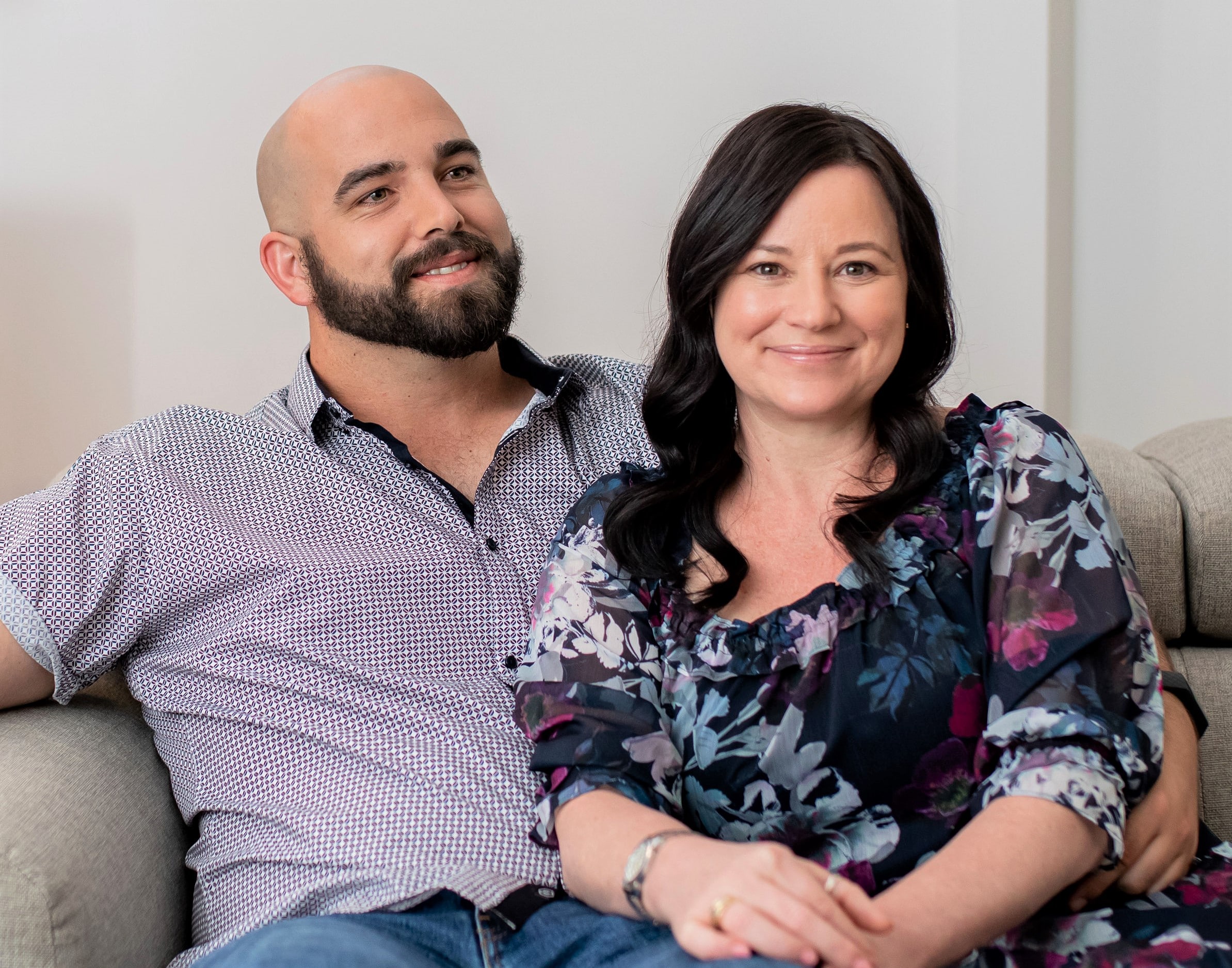Healthy romantic relationships are important for our emotional wellbeing. People in a healthy romantic relationship feel loved and supported.
This means there’s respect, trust, open communication, honesty, and understanding, and often both people have individual and shared interests.
When you become romantically involved with someone else, you and the other person both bring your own learnt ways of relating to other people. Due to past experiences, these ways of relating are not always healthy.
Unhealthy relationships
Unhealthy romantic relationships occurs when one or both partners feel unsafe, controlled, exert control, distrustful, unfaithful and/ or violent.
This may involve extreme jealousy, intimidation, or when you feel like you don’t have a say in your relationship.
When one person in the relationship is controlling or violent, this is usually a sign of domestic violence. This type of relationship is not okay.
Unhealthy romantic relationships can make you feel self-doubting, unworthy and unloved.
5 ways to build healthy romantic relationships
We’d like to share five ways to build a healthy romantic relationship with someone; including respect, communication, consent, boundaries and conflict management.
1. Respect
Mutual respect is important in a relationship. This means being accepted for who you are regardless of your job, appearance or financial status. Respect in a romantic relationship means that you value each other and understand each other’s boundaries.
Of course, it is okay to encourage your partner to follow their dreams and have goals, but it’s only supportive when it is something they want to do for themselves and coming from a place of empowerment.
Does your partner listen to you when you express your needs?
2. Communication
People in healthy romantic relationships talk openly and listen to what the other person has to say.
If you wish to express something to your partner, it is important to focus on how it makes you feel and what it is you need, rather than targeting something you don’t like about the other person.
For example, instead of, “I don’t like when you leave the dishes on the bench,” you can say, “can you please place the dishes in the dishwasher when you’re done.”
This way, you’re focusing on finding a solution together, rather than focusing on a person’s faults, which may make them feel a need to become defensive.
Can you share your feelings with your partner? Do they let you finish what you want to say?

3. Consent
If you’re sexually active, then giving consent means an agreement between two people. Consent doesn’t have to be verbal (though verbal consent is great!).
Consent can also be shown through actions that demonstrate that you want to engage in sexual activity. It’s important to know that consent can be taken back at any time.
This means if you consent to sex on one occasion, this does not mean you automatically give consent to any further occasions, or you can withdraw consent at any point during relations.
Consent is about feeling okay with what is happening and not feeling pressured or guilted into doing anything you don’t want to do. Consent doesn’t just relate to sexual activity; it refers to any form of physical touches such as hugs, massages and kisses.
Do you feel that your partner respects your sexual boundaries?
4. Boundaries
Boundaries are important as they help you and your partner find ways to meet each other’s needs in a way that you both feel comfortable.
Boundaries can be physical (public displays of affection), emotional (being ready to say “I love you”), sexual (how well you wish to know your partner before engaging in sexual activity) material (are you okay with your partner sharing your things?), digital (is it okay for your partner to know your passwords?) and spiritual (do you like to practice religious/ spiritual practices alone or with your partner?).
Does your partner respect your boundaries?
5. Healthy ways of dealing with conflict
Conflict is a normal part of all human relationships, and romantic relationships are no different. Misunderstandings do happen and may lead to one or both of you feeling upset or confused. Here are some ways to deal with conflict:
- Compromise: Try to find solutions that are suitable for both of you. For example, deciding to watch an action movie one night and a comedy the following night.
- Repair: The goal isn’t to avoid all conflict as learning can come from conflict in a relationship but only if there is respect and open communication. When you’re both feeling calm, try to talk about the problem. Apologise if you have done something wrong (for example, yelling at your partner when angry or forgetting to call and tell your partner you’ll be late for dinner). More importantly, make time to reconnect and talk about your feelings. Leaving conflict unresolved can harbour resentment and contribute to future conflict.

Conclusion
It is normal for romantic relationships to have ups and downs and it is normal for you both to have different opinions. People, and relationships, change over time.
This can happen when there is financial stress, work demands, illness, addiction problems or when you have children. Take time to talk (and listen) to each other about how you feel in your relationship.
If you’re feeling worried you may be in an unhealthy relationship, there is help available.
Where to get help
At Challenge Allied Health, our experienced Clinicians and Accredited Mediators support people and families to help to them to navigate romantic relationships in a healthy way. Find out more about our therapeutic supports, or give us a call on 1800 795 441.
If you would like to talk to someone immediately about your relationship, here are some services that can help:
- Lifeline on 13 11 14
- MensLine Australia on 1300 78 99 78
- Relationships Australia on 1300 364 277
















